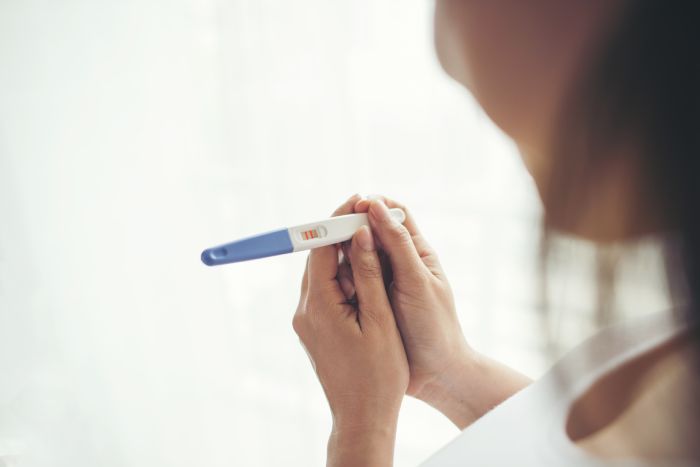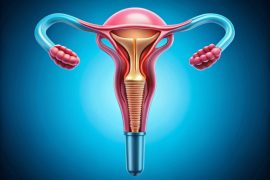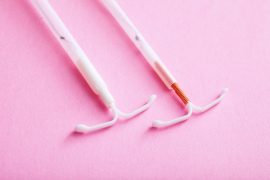What are Pregnancy Tests?
A pregnancy test is a test that detects the presence of hCG or human chorionic gonadotropin hormone in the urine. hCG is produced by the cells of the placenta after a fertilised egg implants in the uterus. A pregnancy test confirms whether or not a woman is pregnant.
How do Pregnancy Kits Work?
Most pregnancy test kits have a testing stick to detect hCG levels. When a woman urinates on the testing stick, the strip or stick detects the hCG hormone if it is present in the urine sample. If the hCG hormone is present in the urine, the test will show a positive result, indicating that the woman is pregnant.
When to Take a Pregnancy Test
Most pregnancy test kits are designed to be used after a woman has missed her period. However, some of the latest test kits available in the market can accurately detect pregnancy 2-5 days before a missed period. Therefore, reading the test kit’s instructions is important to determine the best time to take the test. Additionally, taking the test in the morning is recommended, as this is when the highest concentration of hCG is present in the first urine of the day.
How to Use a Pregnancy Test Kit
Using a pregnancy test kit is very easy. Here are the steps to follow:
Step 1: Collect urine in a clean, dry container.
Step 2: Open the pregnancy test kit and remove the testing stick.
Step 3: Dip the testing stick into the urine for the recommended time, as specified in the instructions.
OR
Step 1-3: Depending on the kit you purchase, you can also directly pee on the testing strip at the end of the pregnancy test stick.
Step 4: Remove the stick from the urine and place it on a sanitised, dry surface.
Step 5: Wait for the recommended time specified in the instructions.
Step 6: Read the test results. A positive result will show two lines, while a negative result will show only one line.
Reading the Results
It is essential to read the results of a pregnancy test within the recommended time, as specified in the instructions. If you wait too long, the test results may not be accurate. Additionally, if you see any faint lines or are unsure of the results, it is recommended to retake the test or confirm the results with a doctor.
Factors That Can Affect the Results of Pregnancy Tests
Medical Conditions
Some medical conditions can affect the results of a pregnancy test. These conditions include ectopic pregnancy, miscarriage, and certain medications like fertility drugs. Hence, it is crucial to consult with a doctor if you suspect that you have any of these conditions, as they can affect the accuracy of the test results.
Timing of the test
If the pregnancy test is taken too early, it may result in a false negative as it takes time for hCG levels to increase to a detectable level. Taking the test 2-5 days before your period is best. You can also wait until a week after a missed period to take a pregnancy test.
Quality of the test
The accuracy of a pregnancy test can depend on its sensitivity and quality. The sensitivity of pregnancy tests varies; some tests can detect lower levels of hCG in urine compared to others.
User error
The results can be inaccurate if a pregnancy test is not used correctly. Hence, reading and following the instructions carefully and using the test at the right time of day are crucial.
What to do if the Results are Positive
Confirming pregnancy with a Doctor
If the results of a pregnancy test are positive, it is recommended to confirm them with a doctor. A doctor will perform a blood test to confirm the pregnancy and determine the estimated due date. Additionally, a doctor can provide valuable information on prenatal care and what to expect during pregnancy.
First steps after confirming pregnancy
After confirming pregnancy, it is essential to make lifestyle changes to ensure a healthy pregnancy. This includes eating a healthy diet, taking prenatal vitamins, and exercising regularly. Additionally, it is recommended to avoid smoking, alcohol, and certain medications that can harm the baby.
What to do if the Results are Negative
Wait and retest
If a pregnancy test is too early, it may not detect the hormone hCG. So it is best to wait a few more days and then retest.
Follow up with a Doctor
Suppose a pregnancy test is negative, but concerns about a possible pregnancy remain; then it is necessary to follow up with a doctor. They can perform a blood test to check for the presence of hCG, which can detect a pregnancy earlier than a urine test.
Consider other causes
Other reasons besides pregnancy can cause a missed or late period, such as stress, changes in weight, and hormonal imbalances. Therefore, it is essential to consider other possible causes and discuss them with a doctor.
Conclusion
Pregnancy home test kits have made it easier for women to detect pregnancy at home. These tests are easy to use and provide accurate results within minutes. Additionally, it is recommended to confirm the results with a doctor and make necessary lifestyle changes for a healthy pregnancy.





Comments are closed.